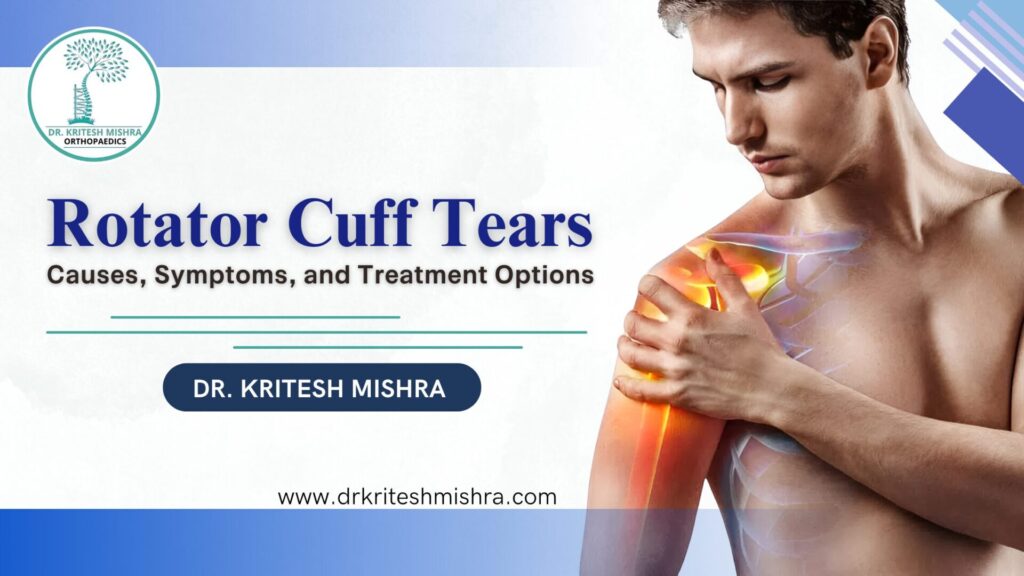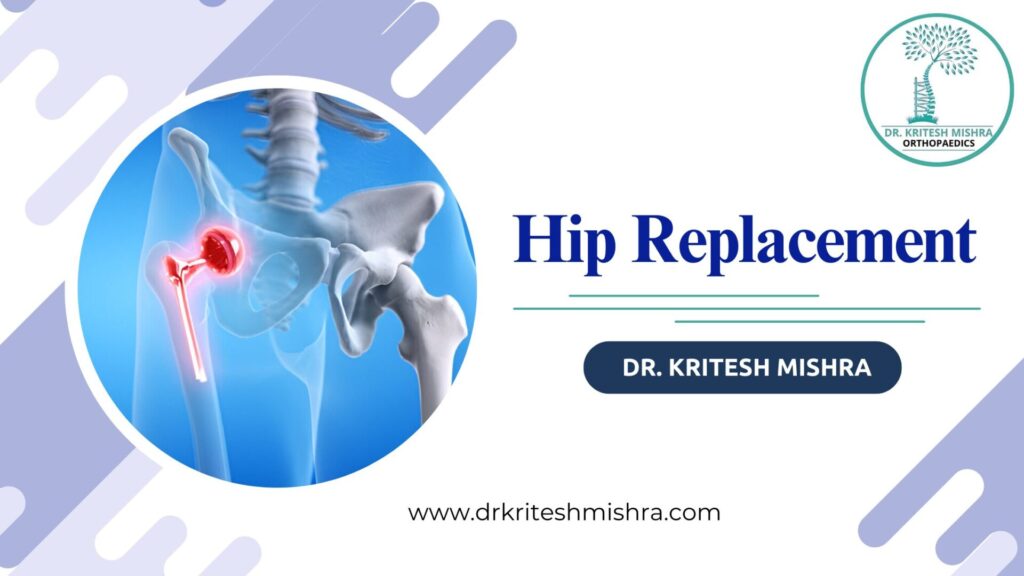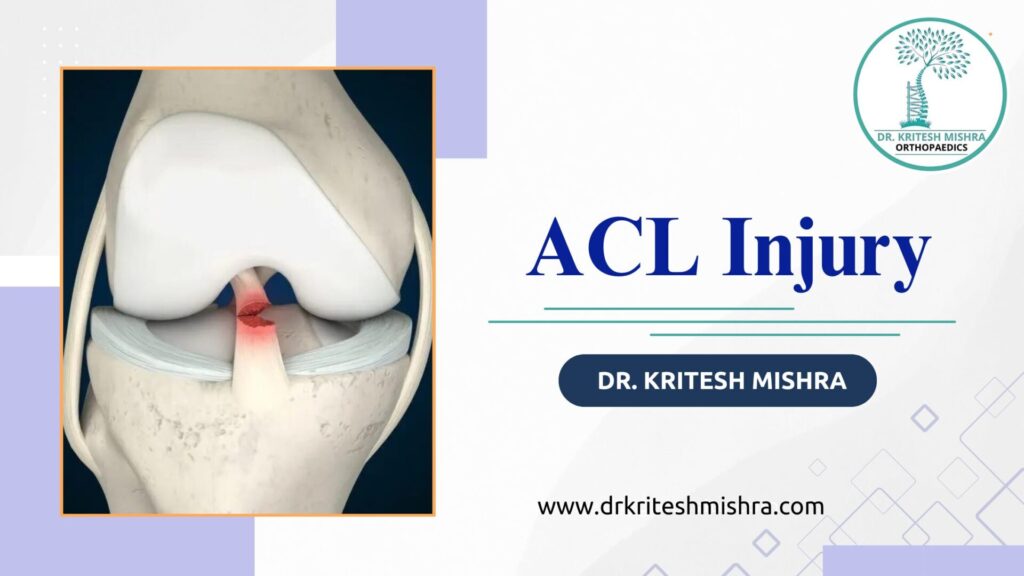The shoulder is one of the most complex joints in the human body, allowing a wide range of motion. However, due to this complexity, it is also prone to injury. One common issue affecting the shoulder is a Rotator Cuff Tear. This condition can cause discomfort, limit mobility, and affect your ability to perform daily tasks. If left untreated, the pain may worsen over time.
In this blog, we will explore the causes, symptoms, and treatment options available for Rotator Cuff Tears to help you understand how to manage and treat this condition effectively.
What Are Rotator Cuff Tears?
The rotator cuff is a group of muscles and tendons surrounding the shoulder joint, providing stability and allowing smooth movement. A Rotator Cuff Tear occurs when one or more of these tendons are damaged or torn, either due to injury or gradual wear and tear.
Rotator cuff tears can vary in severity, ranging from partial tears, where only part of the tendon is damaged, to complete tears, where the tendon is fully separated from the bone.
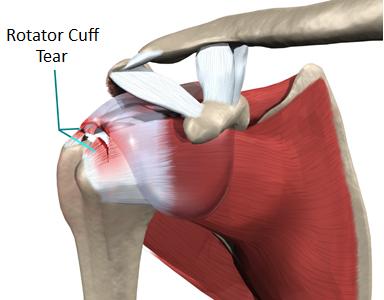
Causes of Rotator Cuff Tears
Rotator Cuff Tears can result from several factors. Understanding the causes is crucial in preventing and managing this condition. Some common causes include:
Aging: As we age, the tendons in the shoulder naturally weaken, making them more susceptible to injury. Degenerative changes in the shoulder are the most common cause of Rotator Cuff Tears in people over the age of 40.
Repetitive Movements: Jobs or activities that involve repetitive shoulder movements, such as painting, lifting, or playing sports like tennis or baseball, can strain the rotator cuff over time, leading to tears.
Acute Injury: A sudden, forceful impact, such as a fall or lifting something heavy, can cause an acute tear. This type of injury is more common in younger individuals, especially athletes.
Poor Posture: Slouching or maintaining poor posture over long periods can strain the shoulder muscles and tendons, increasing the risk of tears.
Weak Muscles: Lack of strength in the shoulder muscles can place undue stress on the rotator cuff, making it more prone to injury.
Symptoms of Rotator Cuff Tears
The symptoms of a Rotator Cuff Tear can vary depending on the severity of the tear. Some common symptoms include:
Pain: This is often the most noticeable symptom. You may experience a dull ache in the shoulder, which can worsen at night or when lying on the affected shoulder.
Weakness: A torn rotator cuff can make it difficult to lift or rotate your arm. This weakness can hinder everyday activities, such as reaching for objects or combing your hair.
Limited Range of Motion: You may find it hard to move your shoulder through its full range of motion. This stiffness can affect basic tasks that involve arm movement.
Cracking or Popping Sensations: You may hear or feel a cracking or popping sound when moving your shoulder, especially during lifting or rotating movements.
Chronic Pain: If left untreated, the pain associated with a Rotator Cuff Tear can become chronic, affecting sleep and daily life.
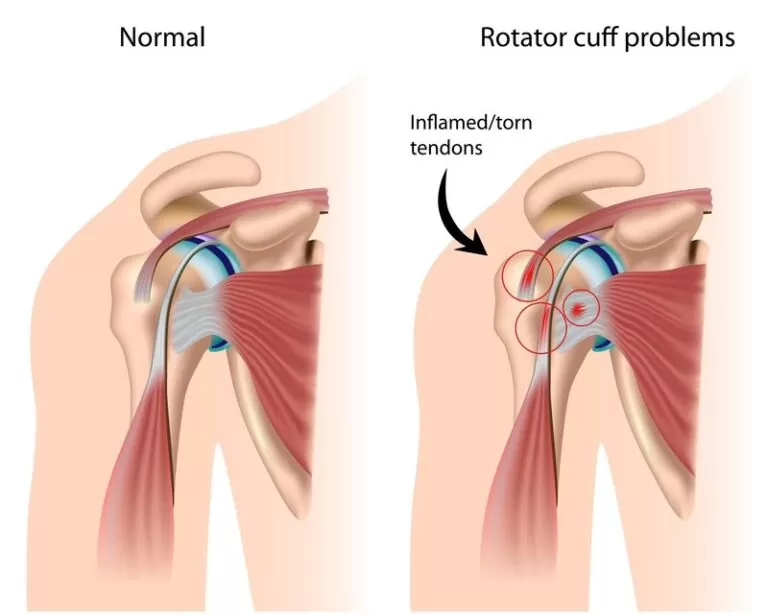
Treatment Options for Rotator Cuff Tears
The treatment for Rotator Cuff Tears depends on the severity of the tear, the patient’s age, activity level, and overall health. Below are some of the most common treatment options:
Rest and Activity Modification: In mild cases, simply resting the shoulder and avoiding activities that strain it can help the tendon heal. Adjusting daily habits to reduce repetitive movements can prevent further damage.
Physical Therapy: Physical therapy is an effective non-surgical treatment for Rotator Cuff Tears. A physical therapist will guide you through exercises designed to strengthen the shoulder muscles, improve flexibility, and restore range of motion.
Medications: Over-the-counter anti-inflammatory medications, such as ibuprofen or aspirin, can help manage pain and reduce inflammation. In some cases, your doctor may recommend corticosteroid injections for more severe pain.
Surgical Treatment: In cases where the tear is large, or if non-surgical methods have not provided relief, surgery may be necessary. Surgical options include:
- Arthroscopic Surgery: A minimally invasive procedure where small incisions are made, and a camera is used to repair the tendon.
- Open Surgery: In more severe cases, open surgery may be required to reattach the tendon to the bone.
Rehabilitation: Whether you opt for surgery or not, rehabilitation is crucial to restoring shoulder function. Following a structured rehabilitation program under the guidance of a specialist will ensure optimal recovery.
When to Seek Medical Advice
If you experience shoulder pain that doesn’t improve with rest, or if you notice any weakness or loss of mobility, it is important to seek medical attention. Early diagnosis and treatment can prevent the condition from worsening and help you regain full shoulder function.
Dr. Kritesh Mishra, a Joint Replacement & Sports Injury Specialist in Meerut, specializes in diagnosing and treating Rotator Cuff Tears. With personalized treatment plans tailored to each patient’s needs, Dr. Mishra can guide you through the best approach to recovery.
For more information or to schedule a consultation with Dr. Kritesh Mishra, please visit his clinic in Meerut.
Conclusion
Rotator Cuff Tears can significantly impact your quality of life, making everyday tasks painful and challenging. Early diagnosis and proper treatment are key to preventing long-term damage and ensuring a full recovery. Whether through rest, physical therapy, or surgery, understanding your options and working with a specialist like Dr. Kritesh Mishra will help you make informed decisions about your shoulder health.
Frequently Asked Questions
Rotator cuff tears can be caused by aging, repetitive shoulder movements, acute injuries, poor posture, or weakened shoulder muscles.
Common symptoms include shoulder pain, weakness, limited range of motion, and sometimes a popping or cracking sensation when moving the shoulder.
Treatment options include rest, physical therapy, medications, corticosteroid injections, and surgery in more severe cases.

